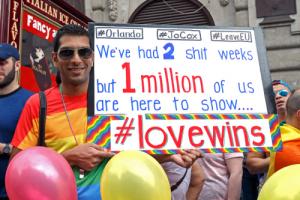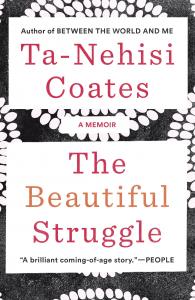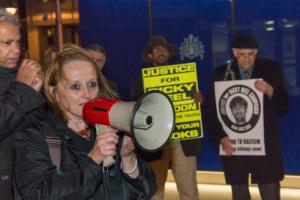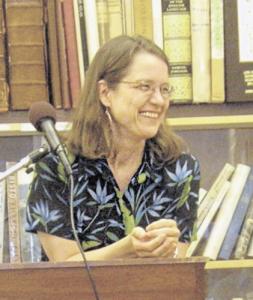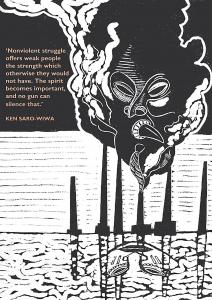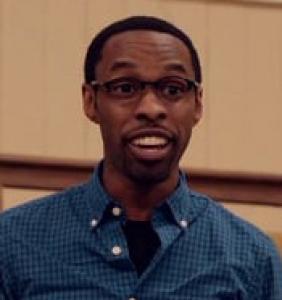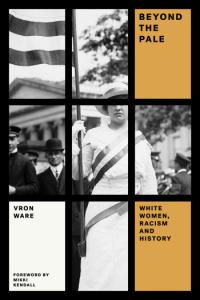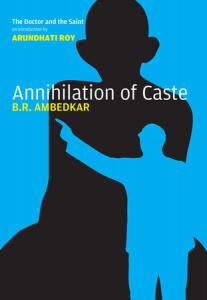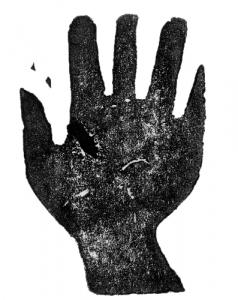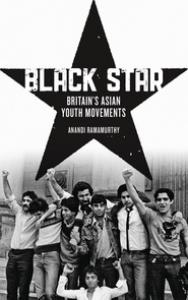What, if anything, links Donald Trump, the Republican presidential candidate in the US, and Jeremy Corbyn, just re-elected Labour party leader here in the UK? There has been a string of articles in the mainsteam media connecting the two men – with distaste – as ‘populists’.
Back in July, Telegraph columnist Janet Daley trumpeted that ‘Donald Trump and Jeremy Corbyn are warning signs that something terrible is happening to politics’. She…



